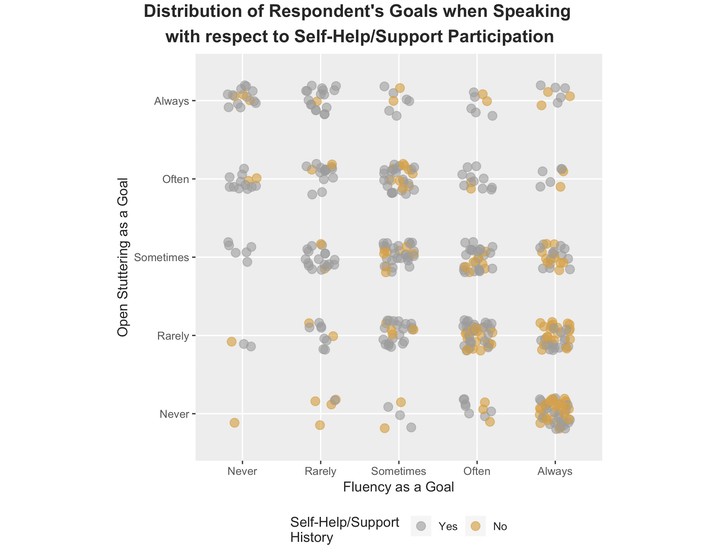Group Experiences and Individual Differences in Stuttering

Abstract
This study explored group experiences and individual differences in the behaviors, thoughts, and feelings perceived by 502 adults who stutter. Data from this survey suggest that participating in self-help/support groups and having a goal of communicating freely (as opposed to trying not to stutter) are associated with less negative life outcomes due to stuttering. Results further indicate that the behaviors, thoughts, and experiences most commonly reported by speakers may not be those that are most readily observed by listeners.
Type